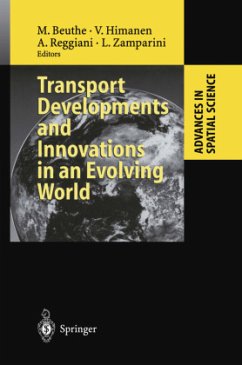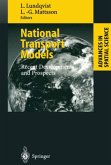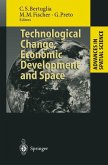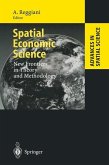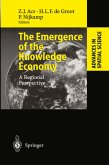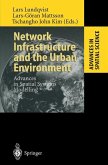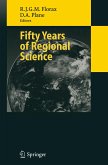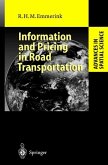Our world is continuously changing as new technologies are developed, demographic patterns evolve and new social and political configurations emerge. However, most people would agree that, not unlike the time of the Industrial Revolution, the rate of change has accelerated over the last few decades. It is certainly the case of many economic activities, where the trend towards globalization, supported by a faster diffusion of knowledge and information, economies of scale, the opening of borders and improved transport networks, has induced a spatial redistribution of production and ownership. Until recently, the concomitant economic growth eased the way towards the necessary reorganization, but, at the same time, created additional environmental and transport problems. This phenomenon is pervasive all around the globe, but it particularly affects the European continent, which is still fragmented by administrative, cultural and linguistic differences, national boundaries and rivalries. In this context, the slow, but persistent drive towards market integration and deregulation makes Europe an extraordinary laboratory for politicians, economic researchers and especially for transport analysts.
Bitte wählen Sie Ihr Anliegen aus.
Rechnungen
Retourenschein anfordern
Bestellstatus
Storno

